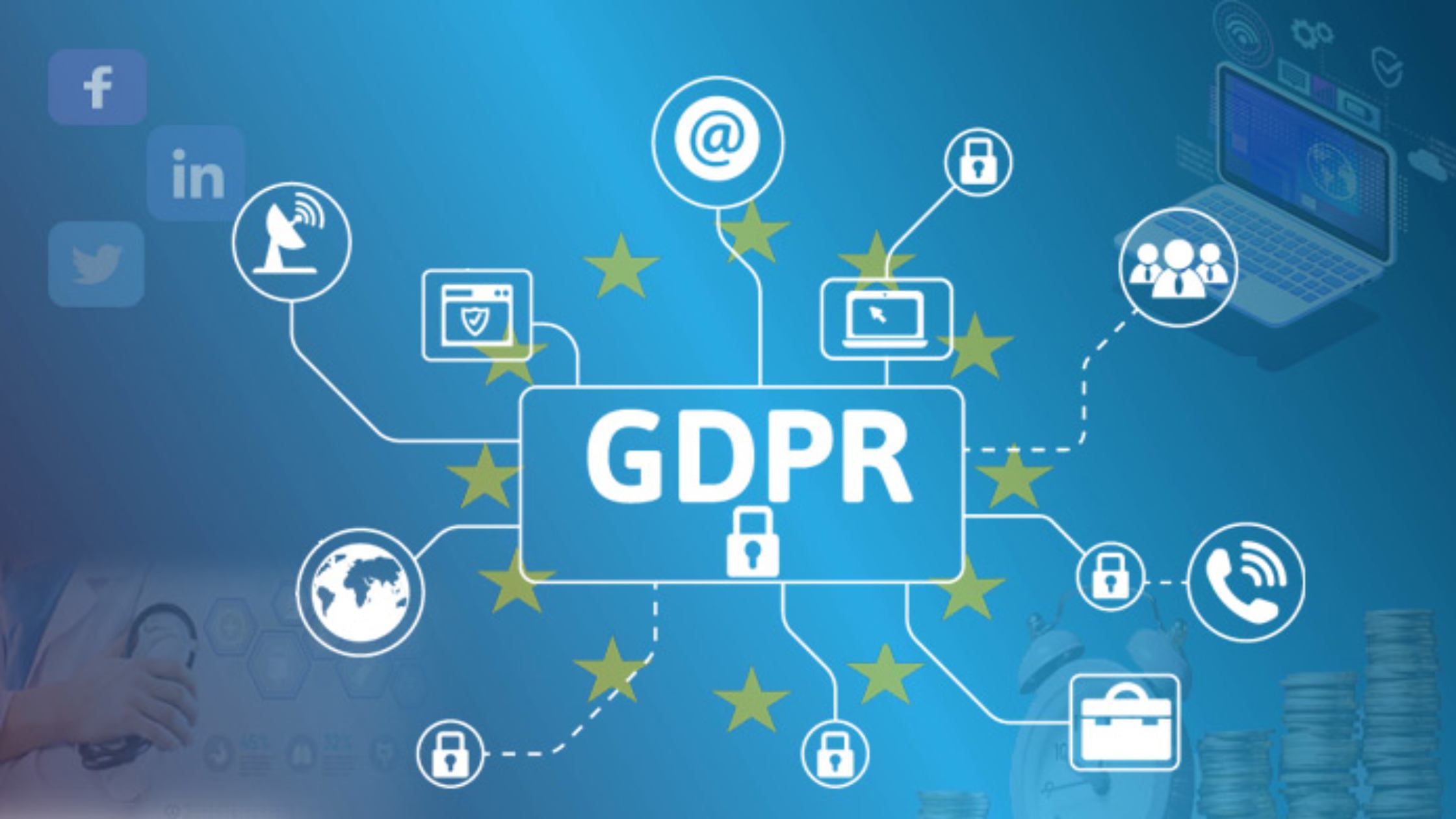Are you aware of GDPR compliance regulations? It’s not necessary to be however, it’s possible to be intimidated by new and complex GDPR legislation. It’s all about protection of data, giving customers control over their personal data and ensuring secure storage of all electronic data. Learn more about GDPR from other companies or get started with it.

HIPAA and GDPR are two acronyms that healthcare providers and businesses handling personal information must be aware of. HIPAA (Health Insurance Portability and Accountability Act) is an US law that governs the use and disclosure of health information of patients’ information. GDPR (General Data Protection Regulation) is a regulation adopted by the European Union (EU). It covers all businesses which handle personal data from EU residents. These regulations have different scopes however they share the same purpose to protect personal data privacy and security.
Why HIPAA and GDPR Compliance are Important
There are many reasons why compliance with HIPAA/GDPR is important. Firstly, it helps protect confidential data from unauthorized access, disclosure, or misuse. For example, healthcare providers manage sensitive medical data that could result in fraud or identity theft. Companies that handle personal information including names, addresses and email addresses are subject to GDPR. This applies whether the data is used for identity theft, fraud, or phishing.
Secondly complying with these rules is legally required. HIPAA regulations apply to covered entities like healthcare providers, health plans, or healthcare clearinghouses. HIPAA violations could lead to civil or criminal charges as well as damage to a healthcare provider’s reputation. The GDPR also is applicable to all companies handling personal data of EU residents regardless of the company’s physical location. Non-compliance can result in hefty fines and legal action.
In the end, ensuring compliance with these laws can help to create trust among customers and patients. Customers and patients want their personal data to be handled with care and confidentiality. Conformity to HIPAA regulations as well as GDPR regulations can show that a company is committed to security and privacy of data and is committed protecting personal data.
HIPAA and GDPR Compliance Important Requirements
HIPAA Regulations and GDPR have various requirements that businesses need to be aware of. HIPAA obliges covered organizations to ensure confidentiality, integrity access, security, and confidentiality of protected health information stored electronically (ePHI). This involves implementing administrative, physical and technological safeguards that secure ePHI against misuse, access, or disclosure. For security breaches that could lead to incidents the covered entity must have procedures and policies in place.
Businesses must seek explicit consent from individuals to collect and use their personal data under GDPR. Consent must be freely granted and must be specific, well-informed and clear. GDPR also requires companies to provide individuals with the right to access, rectify, and erase their personal information. The business must also adopt appropriate technical and organizational measures to ensure the security and privacy of personal data.
HIPAA and GDPR Compliance – Best Practices
In order to comply to HIPAA and GDPR regulations, businesses must implement best practices that ensure the security and privacy of personal information. The best practices include:
Risk assessments should be conducted regularly: Businesses should regularly assess the risks to the confidentiality, integrity and availability of personal data. This will help to determine potential issues and ensure that adequate safeguards are in place.
Access controls only authorized employees must have access to personal information. This may include strong passwords as well as multi-factor authentication. Access controls must be based on least privilege.
Employees in training: Employees should receive regular instruction on security and privacy of data. This will help prevent accidental or deliberate data security breaches.
Plan for emergency response The company should plan to handle potential security breaches and incidents. This may include setting up a response group and communicating regularly with them.
For businesses that process personal data, HIPAA Compliance and GDPR Compliance are crucial. These regulations are intended to guard sensitive data from improper access, disclosure or misuse. They also display the company’s commitment to data security and privacy. Through implementing best practices including conducting risk assessments as well as implementing access controls in training employees, and developing incident response strategies, businesses can be sure that they are in compliance and protect
For more information, click HIPAA and GDPR compliance